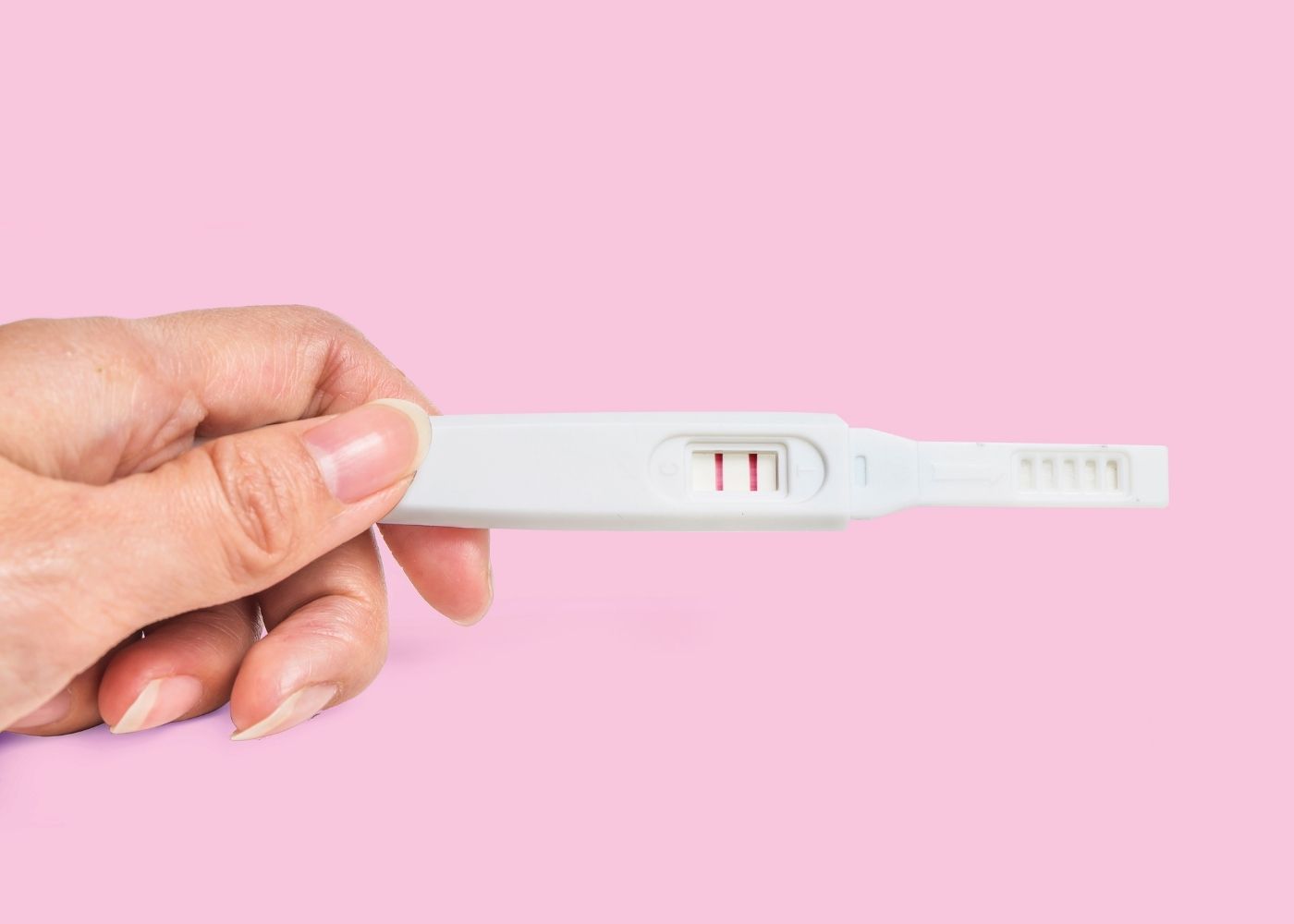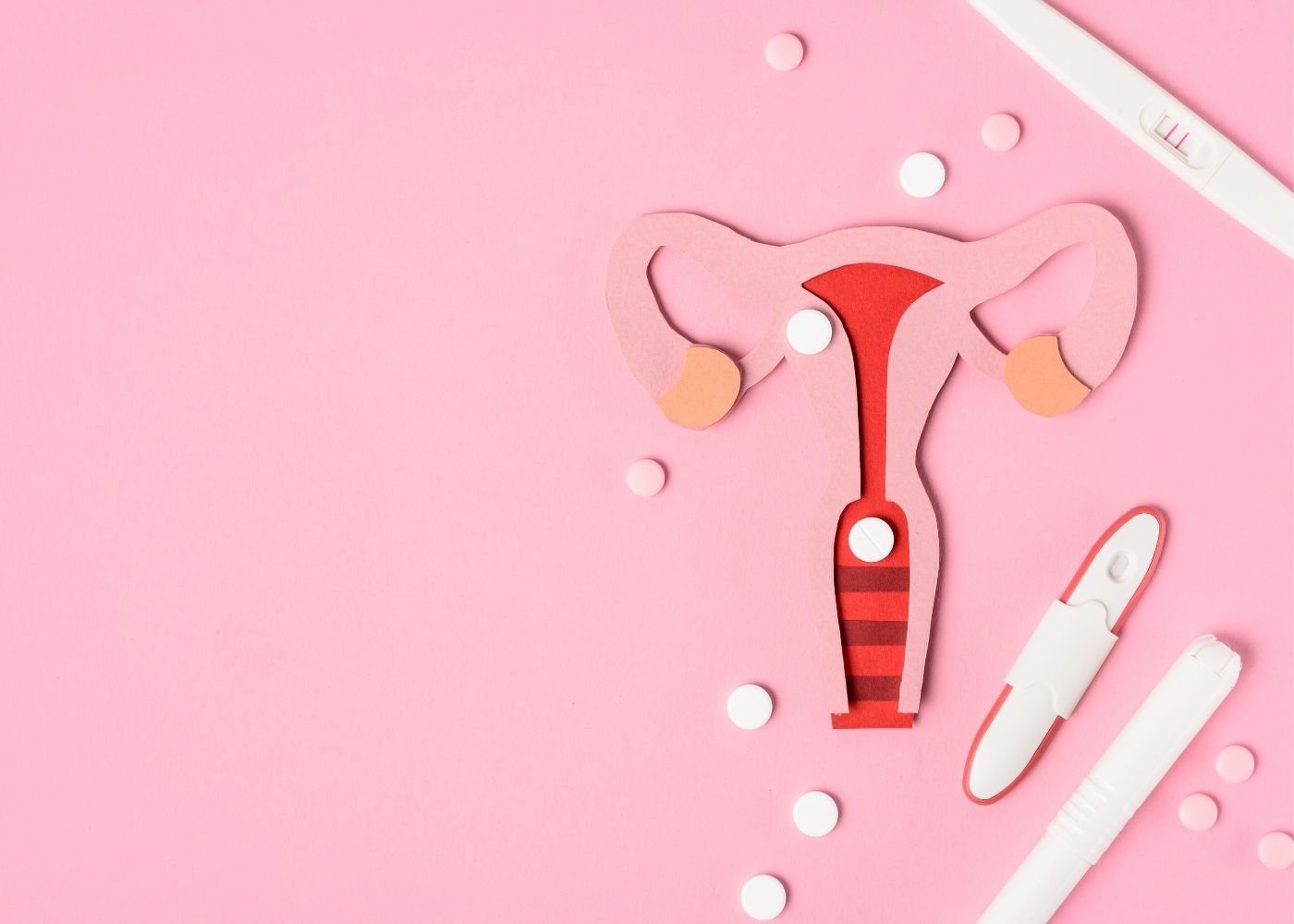Wondering how to prepare for being pregnant? There are a few vital things to consider.
So you’ve decided you want to start a family! It’s such an exciting time when this decision is made – there’s anticipation, excitement and the wonder of life itself. However, before you embark on your journey, there are a few things to think about.
Here are my 5 top tips to prepare your body for pregnancy to ensure you have a successful outcome and that your baby is given the best start in life.
1. Reduce Toxin Exposure
Toxins are detrimental to achieving a successful pregnancy and can harm the developing baby. When thinking about how to prepare for pregnancy, you can reduce exposure to toxins simply through choosing organic foods, using natural cleaning products and removing perfumes, pesticides and smoking from your environment. To improve fertility avoid plastics in the form of water bottles, glad wrap and especially heated plastic.
2. Get Active:
Being overweight or underweight can affect your fertility, so it’s important to maintain a healthy weight and exercise moderately. Extreme exercise can also reduce fertility and ovulation rates, so don’t overdo it! Moderate exercise is recommended – building up gradually over time.
Interval training has the best results when it comes to weight reduction/maintenance, high blood pressure reduction, fitness, muscle strength and tone.
3. Enjoy a Well-Balanced, Whole-food Diet
Each season we have an abundance of fresh produce in Australia, so ensure you’re making the most of seasonal green leafy vegetables. Mix in some nuts and seeds, good quality protein including fish and a whole grains such as brown rice. Reduce your intake of alcohol, caffeine, processed and packaged foods.
Check and address any food sensitivities as these can reduce the body’s ability to absorb nutrients and can lead to deficiencies.
4. Address Medical Conditions
As a Pregnancy Naturopath, I can assist you with conditions such as Endometriosis and Polycystic Ovaries, so that they don’t become a barrier to fertility.
Nutritional deficiencies effect fertility and can lead to pregnancy complications. Good quality nutrients such as N-Acetyl Cysteine, Magnesium, Omega 3, Probiotics and Folic Acid have been shown to reduce a number of fertility and pregnancy complications such as; irregular menstruation, recurrent miscarriage, premature delivery, spina bifida, high blood pressure, pregnancy constipation, and baby allergies. For example, low prenatal Omega 3 is associated with more child autistic traits at age six.
5. Get To Know Your Menstrual Cycle
Monitoring your menstrual cycle and being aware of your ovulation time will increase your chance of achieving a pregnancy. Typically, ovulation occurs around day 14 of your menstrual cycle (counting the first day of your period as day 1). However this is only the case for women with a regular 28 day cycle. The majority of cycles range from 24 to 35 days, which changes your ovulation day.
If you’re not sure of your ovulation time it may be helpful to keep track on a calendar of when you get your period, and to learn your specific fertile signs. I’m a qualified teacher in fertility awareness and can help you pin point your fertile time.
Conclusion
Getting pregnant can often take at least a year so don’t give up. However if you feel that you need extra support, I would be happy to guide you. Book online or find out more about my services here.
There is also a great resource called Create a Fertile Life which is an amazing book containing everything you need to know about boosting fertility.
Enjoy preparing your body for the beauty of new life.
When thinking about how to prepare for pregnancy, a simple detox can help. Read my article that outlines 8 reasons to kickstart your health with a detox here.


1 Comment